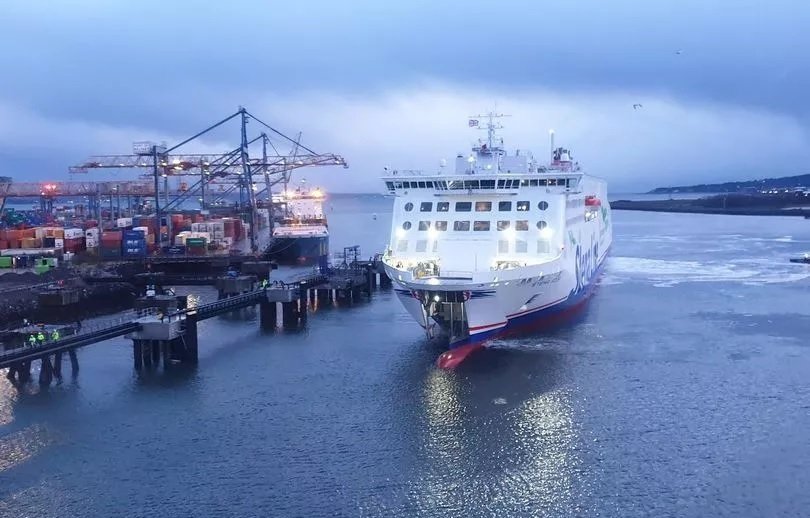A ground-breaking Global Industry Alliance (GIA) has been launched to tackle two of the most pressing environmental issues of our time – invasive species and greenhouse gas (GHG)emissions.
The GIA brings together stakeholders in the private sector and the GloFoulingPartnerships, a project led by United Nations entities to address the transfer of harmful aquatic species through biofouling.
The alliance was officially inaugurated on 8 Juneduringan online meetingattended by representatives of the foundingindustrymembers CleanSubSea, ECOsubsea, HullWiper and Sonihull as well as the International Maritime Organization (IMO) and the United Nations Development Programme (UNDP). It is expected that more companies will join the alliance.
IMO Secretary-General Kitack Lim said the new alliancewill, for the first time, bring togetherall maritime industriesinfinding solutionstotwo key environmental issues affecting our planet – protecting marine biodiversity and reducing greenhouse gas emissions.
“Under this new initiative, these industry champions, from different sectors, are coming together to address common challenges andmove towards a moresustainable use of ocean resources,” Lim said.
As informed, the new GIA will accelerate the development of solutions toimprove the management ofmarine biofouling, which isthebuild-up of aquatic organisms on ships’ hulls or submerged structures such as platforms and aquaculture installations.
Biofoulingcanlead tothe introduction of potentially invasive species to new environments, where they maythreatennative species andcause irreversible damage tobiodiversity.Italso has measurable impacts ona number ofeconomic sectors such as fisheries, aquaculture and ocean energy.Once established in a new ecosystem, invasive species are extremely difficult–if not impossible–to eradicate.
The new alliance for marine biosafetybrings togetherprivate sectorcompanies fromvarious industries affected bybiofouling, includingshipping, aquaculture, offshore oil and gas and ocean renewable energies. These maritime championswillwork togetherwiththeGloFouling PartnershipsProject,a joint initiative between the Global Environment Facility (GEF), the United Nations Development Programme (UNDP) and IMO. The key aims of the GIA areto leverage human, technological and financial resources; facilitate industry input into policy developments and a positive pull for reform processes; and the development and dissemination of technological solutions to improve biofouling management.
The work of the GIA is also expected tocontribute to a significant reductioningreenhouse gas emissions.Biofoulingincreasesthedragof ships,forcing them toburn more fuel tomaintain speed.The new global allianceis expected to promote solutions to improve the hydrodynamic performance of ships andtherebycontribute to a significant reduction of the carbon footprint of the shipping industry.
Andrew Hudson, Head of UNDP’s Water & Ocean Governance Programme, noted:
“At UNDP we are very pleased to witness the creation of a new GIA that can help us all to work together to remove key barriers, whether they be informational or technical, to transform maritime industries and channel their contribution towards achieving the targets of the Sustainable Development Goals and thereduction of greenhouse gas emissions from shipping.”
JoseMatheickal, head of IMO’s Department for Partnerships and Projects,said that “this alliance is about the collective pioneering efforts by all maritime industries in undertaking the fight againstinvasive species and all the creativity and innovations that are being brought to the table todevelop technological solutions. Forging such an alliance among the current four founding partners lays the foundations of a potentially very large global partnership among maritime industryplayers.”






